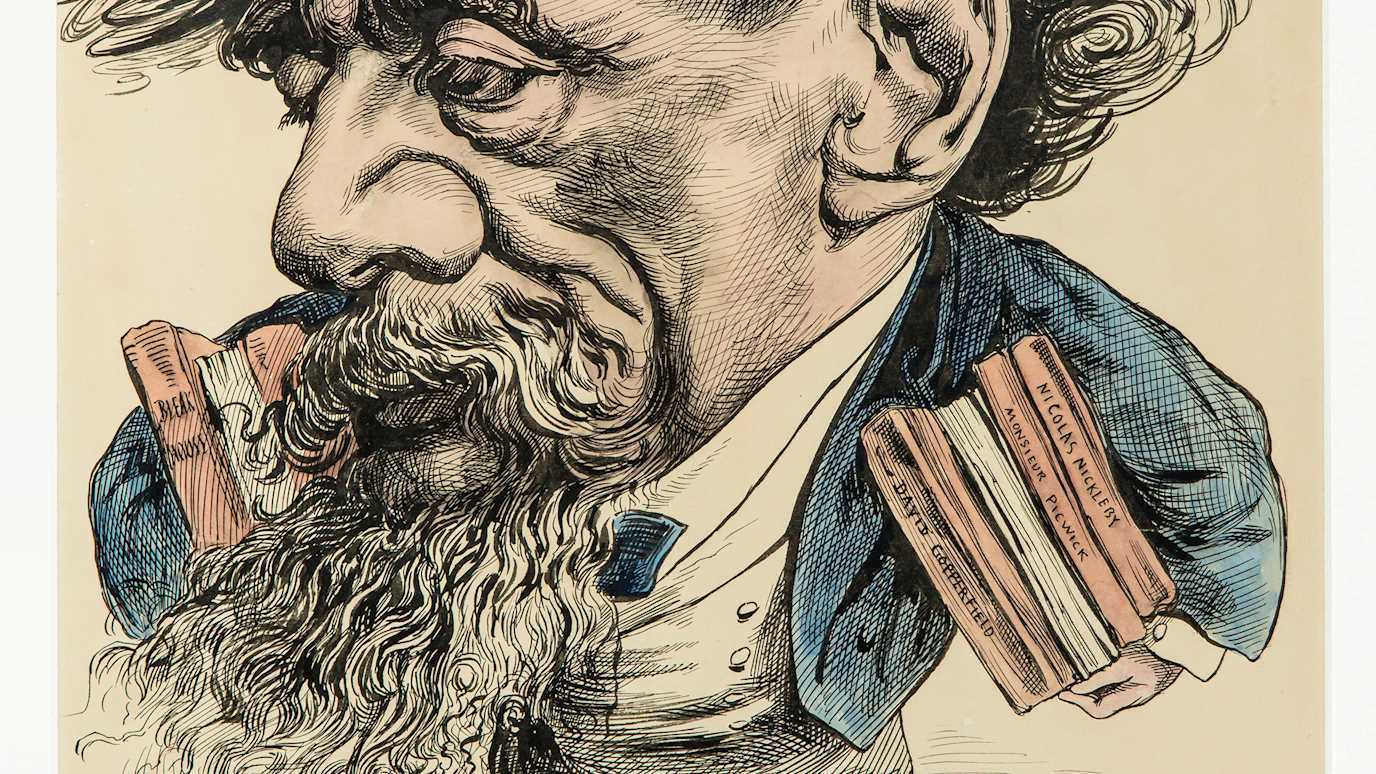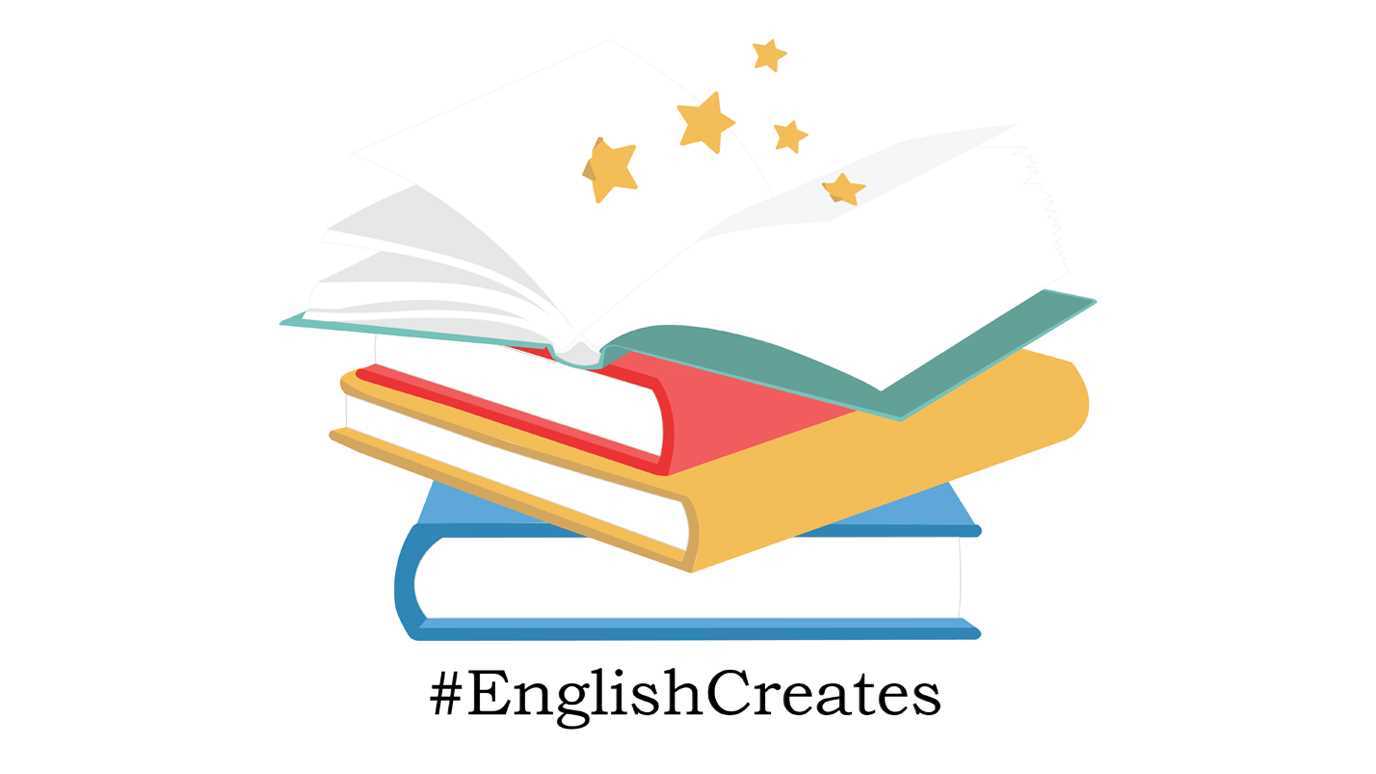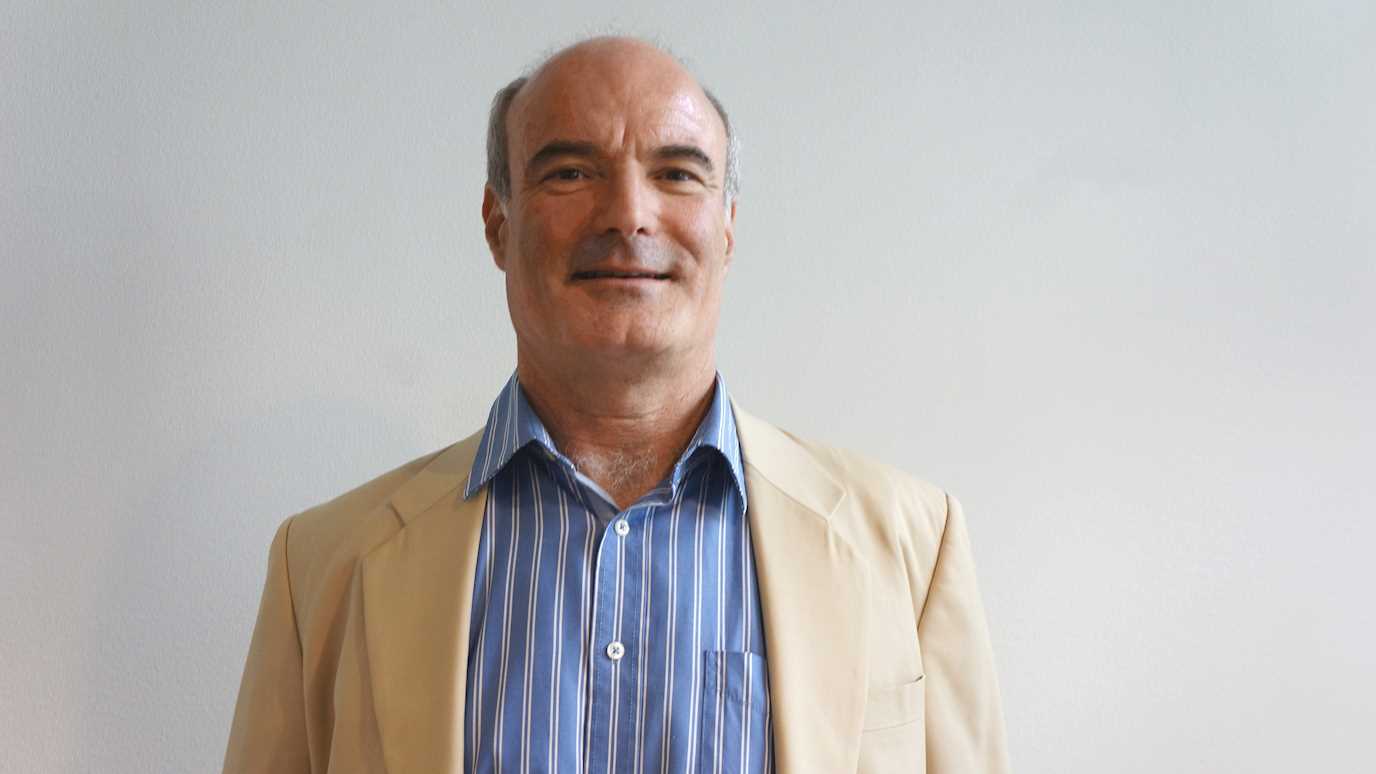A professor at Royal Holloway is co-curator of an exciting new exhibition at the Charles Dickens Museum in London, which opens on the 14 May to 3 November, 2019, detailing the global life and travels of the well known and loved author.

Caricature of Dickens crossing the English Channel with his books, by André Gill L'Eclipse newspaper, 14 June 1868.
Professor Juliet John, from the Department of English at Royal Holloway, has co-curated the fascinating exhibition, Global Dickens: For Every Nation Upon Earth, which will showcase the international travels and enduring global impact of Charles Dickens at his London home.
Global Dickens will trace the travels of the author and the ways in which his ideas, stories and characters have been adopted, adapted and transformed as they have powered the imaginations of readers across the world.
The museum was once the home of Charles Dickens, a stunning Bloomsbury townhouse into which the writer moved with his young family in 1837 and where he wrote Oliver Twist, Nicholas Nickleby, completed The Pickwick Papers and began Barnaby Rudge.
Among the exhibits will be the portable rosewood writing desk used by Dickens on his later travels; the copy of David Copperfield taken by Captain Robert Falcon Scott and his men on the Terra Nova expedition to Antarctica in 1912, of which some of the men, containing geologist Raymond E Priestley, were stranded and lived in an ice cave for seven months.
They had a copy of David Copperfield, and read a chapter of it every night for sixty nights. Priestley wrote that, when they had finished the book, they were ‘very sorry to part with him’.
The travel bag which Dickens took to Italy when he climbed Vesuvius will also be on display, as well as letters written by Dickens in French and Italian and a collection of playbills from theatrical productions of Dickens’s work across the world.
Professor Juliet John said of the author: “Dickens was a global star and his work was translated into many languages during his lifetime, including German, French, Dutch, Russian, Icelandic and Croatian. Oliver Twist made it into Japanese in 1885 and, in the early 1900s, his novels were translated into classical Chinese and Arabic.
“Today, Dickens circulates the globe through film, music, radio, theatre and TV. He is the most adapted novelist that has ever lived, and has inspired international writers, directors, and musicians to create new works.
“The exhibition will be a truly global celebration of Dickens’s life, works and his forays across international media and into people’s imaginations.”
Frankie Kubicki, curator at the Charles Dickens Museum, added: “While the thought of Charles Dickens may bring to mind images that are firmly rooted in London and England, his sights were set on the world.
“Dickens was as much a travel writer and journalist as he was a writer of fiction, and the subjects and social issues that preoccupied him were universal. We hope that Global Dickens will show how his work continues to inspire audiences across the globe today.”
The exhibition can be seen at the Charles Dickens Museum, 48 Doughty Street, London WC1N 2LX.
























